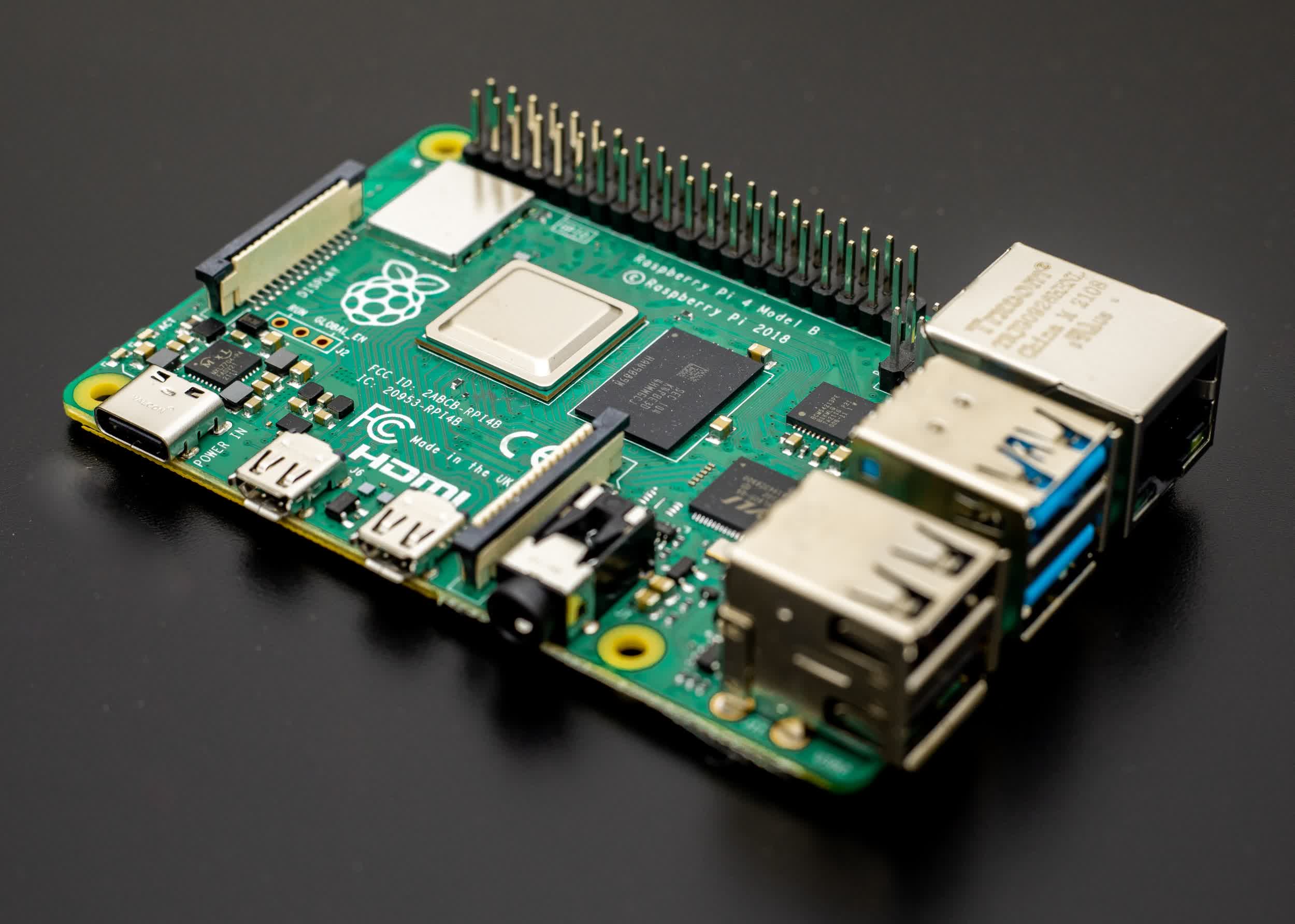Bottom line: Eben Upton served as the bearer of bad news for Raspberry Pi hopefuls as we head into the holidays. During a recent interview with Christopher Barnatt from Explaining Computers, the Raspberry Pi boss said consumers should not expect a Raspberry Pi 5 next year. Instead, 2023 will serve as a recovery year following the pandemic and the resulting global chip shortage and associated supply chain issues.
What would be a disaster, Upton said, is if they tried to release a Pi 5 next year and production could not ramp properly due to some sort of constraint or if it cannibalized an element within the supply chain. Worse yet, dropping a new Pi too soon could possibly impact the recovery of earlier models that are still in heavy demand.
The good news, Upton added is that in the second half of next year and 2024 onward, some of those hurdles will start to abate. It would be at that point that they can start to think about what might be sensible for a Raspberry Pi 5.
The original Raspberry Pi arrived in February 2012 for $35 and sold out within hours. Mainline updates have come on a semi-regular basis ever since. The Raspberry Pi 2 landed in 2015, the Pi 3 followed roughly a year later and the Pi 4 dropped in mid-2019, with mid-cycle releases sprinkled throughout that delivered various performance improvements and new features.
The gap between the Pi 4 and the eventual Pi 5 will represent the largest between main model releases since the beginning.

Even today, several of Raspberry Pi's earlier models remain hard to come by. I was unable to find the Raspberry Pi 4 Model B in stock at any of the approved resellers listed on Pi's site and only a single reseller had the Pi 3 Model A+ in stock. You can find them on third-party marketplaces like eBay but be prepared to pay out the wazoo for them.
Image credit: Jainath Ponnala, Craig Dennis
